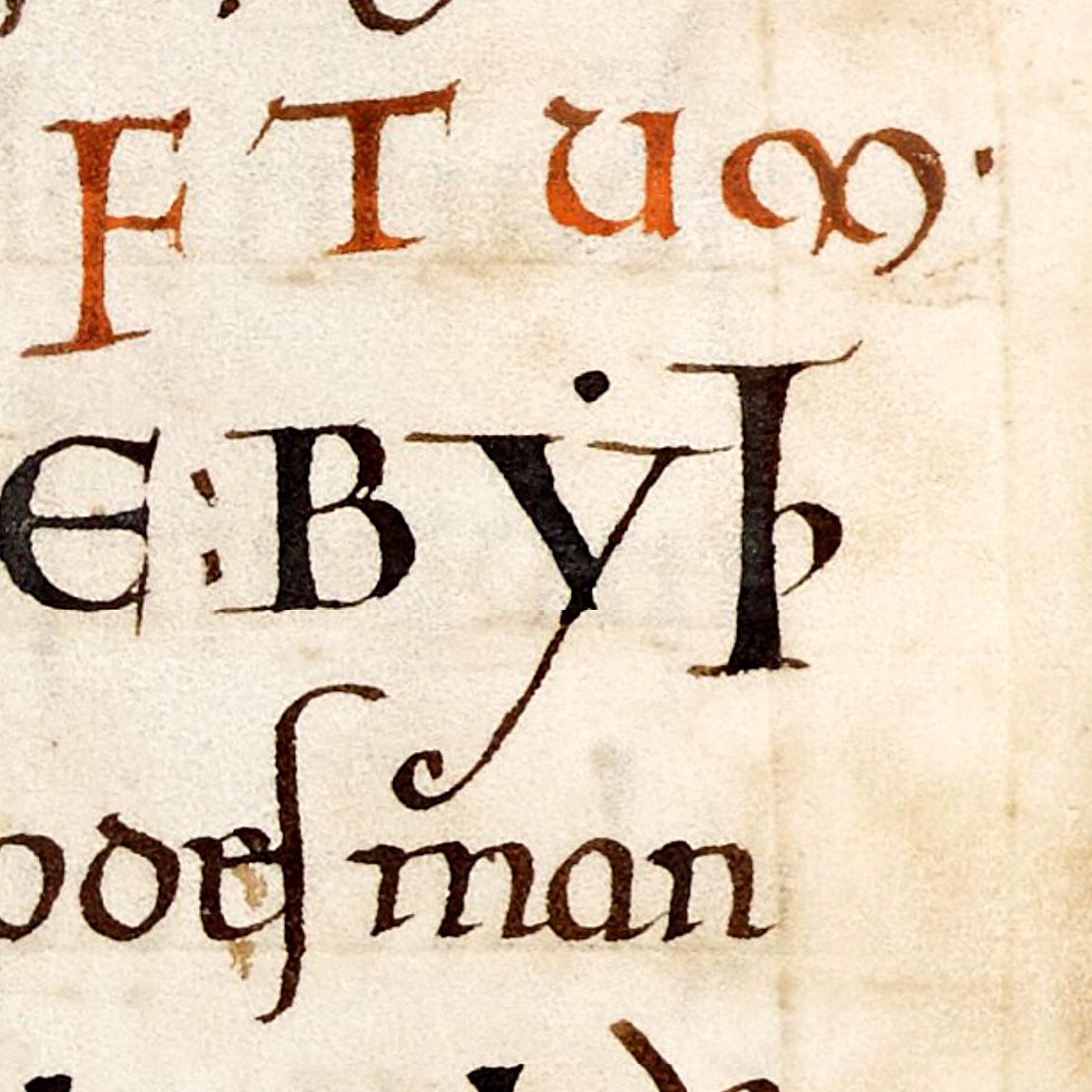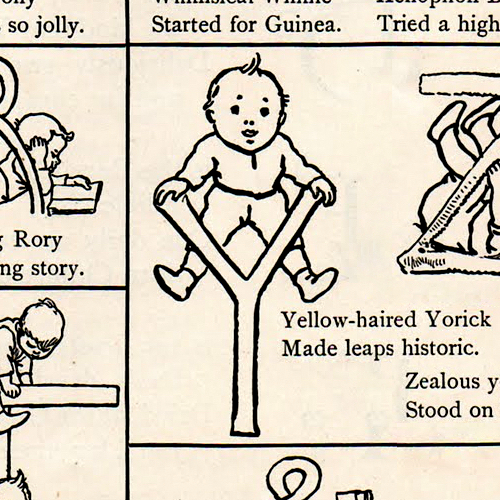 Remember your future, what you thought it would be. Put yours in mind, it’s different for different people. You know that, obviously, but I’m not talking about individual people. I mean groups of people, peoples, whole societies of people past and present. They way we think about future and what the rune carvers thought about it is not the same. To find the difference, if you want to know the root and the soul of a culture’s sense of future, get right up close to one specific word, and take an embarrassing long look. Make you both blush. Be. That’s the word. To be. This is the word for reality, and the way this word is treated always reveals a culture’s idea of temporality, and so much more. Be means existence, which precedes essence so some philosophers say, that we are neither nature nor nurture, but something foundational to both. This is true for people only. You have to be person centered and time bound in a finite human existence for this to be true. This does not apply to anybody occupying the infinite. But here we are in the present, in finite existence, so in this headspace, let me into your head, there are three parts of existence: past, present and future. Clearly. The versions of Be we have available tells us so: was, is, will be. Basic. Everybody knows. Carved in stone.
Remember your future, what you thought it would be. Put yours in mind, it’s different for different people. You know that, obviously, but I’m not talking about individual people. I mean groups of people, peoples, whole societies of people past and present. They way we think about future and what the rune carvers thought about it is not the same. To find the difference, if you want to know the root and the soul of a culture’s sense of future, get right up close to one specific word, and take an embarrassing long look. Make you both blush. Be. That’s the word. To be. This is the word for reality, and the way this word is treated always reveals a culture’s idea of temporality, and so much more. Be means existence, which precedes essence so some philosophers say, that we are neither nature nor nurture, but something foundational to both. This is true for people only. You have to be person centered and time bound in a finite human existence for this to be true. This does not apply to anybody occupying the infinite. But here we are in the present, in finite existence, so in this headspace, let me into your head, there are three parts of existence: past, present and future. Clearly. The versions of Be we have available tells us so: was, is, will be. Basic. Everybody knows. Carved in stone.
Remember the past? The past is everything we remember, howsoever we remember it. Your past is carved, runelike, in stone too. It’s what happened. What’s done cannot be undone. Yes? No. I am not telling the truth. The past is as infinitely variable as our futures might be. There. That’s what it is. Think of something that happened, something big. You remember what happened vividly. When you die they’ll cut out your heart and find it carved right there. You remember better than anybody. Don’t you? You don’t. Somebody else was there. Go ahead ask them, what was their memory? Don’t interrupt, listen. You’ll find out how it really went down. Oh yeah. You forgot that bit, didn’t you. Didn’t you? You did. You also changed what you do remember, over time, you both did that, and you’ll change it again now to converge with the other rememberer.
The people who thought in Old English, the rune carvers, understood this deep in the body of their language, carved into the heart of it. They knew the past very well. They were all about the past: they had no future tense. Old English has past and not past. Come on, let’s cozy up to the word Be again. To be, it’s as close to foundational in temporal idea as language can get, so let’s root around in the foundations of the Old English speakers, yes? You’ll see they were very different people from us. Old English has two words for Be, wesan and beon, two kinds of existence, one in which something is, and one in which something is, but in a fundamental truth kind of way. This is a screen you are reading from. This is a thought written in light.
How did they say Be in different tenses? How did they say was, is, and will be? Wæs, is, biþ. Wæs and is look familiar, but byþ is different. This does not mean will be. That’s the letter thorn at the end of byþ, by the way, it sounds like a th. Say it. Be-ith. Byþ. It means something like a mash up of was, is and ever shall be: the other two tenses together at the same time with an everlastingness that is experienced now. It’s the ever shall be part that’s different from our idea of future. We’ve got endless duration, they had eternality of being. It’s a huge difference. A whole different thing. One is a line, and the other is some other shape going on in the moment. Not a cycle like the seasons, that’s just a line bent back to itself. Their byþ is a flux. Phenomenal flux. Very chaos theory.
Very important to the rune poem as well: byþ is the first word of nearly every stanza in it. Was is and ever shall be, this is how most runes are described. These words are not to be thought of in a line, by the way, I say these words in a linear row, was is ever shall be, and you see a line because you read and think words like that, one word after another. You can’t help it, this is people. But remember that for Old English speakers byþ contains multiple concepts of time fluxing together. Remember your future? Your past idea of what will be, what you thought was coming your way? When you do this you deliberately think the past and the future into the present moment, but what if there was no future? Who are a people who have no future? If these rune carvers were your people, thinking in Old English, thinking without a future tense, you don’t need a future. For you the future is unnecessary. What do you need the future for? It is already here, accessible in the now, thought about right now. It always was and it ever shall be.



